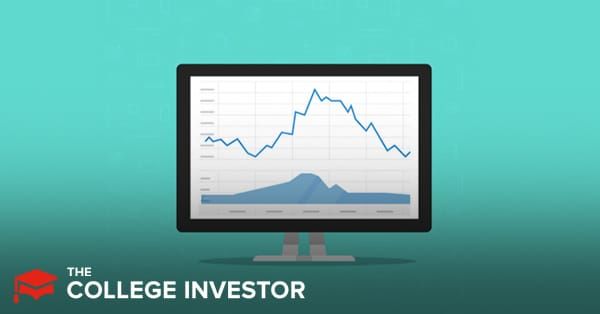Edit your caption text here
Large-cap stocks and mega-cap stocks are some of the most stable companies on the stock market. They are often called blue-chip stocks. These are the stocks of some of the largest companies in the world – both in terms of revenue and profit, but also in terms of how many people they employ, their locations, and their reach.
However, because stock prices go up and down, stocks are constantly moving in and out of the large and mega cap categories. In this article, we’ll look at what makes a large or mega-cap stock and how to invest in them.
What Are Large-Cap Stocks?
Large-cap or big cap stocks have a market capitalization that is between $10 billion and $200 billion. The “cap” in large-cap refers to market capitalization. Market cap is easily calculated by taking the number of outstanding shares and multiplying them by the current stock price.
As an example, ABC stock has 200 million shares outstanding. Its stock price is $75. To find the market cap, multiply the two together: 200 x 75 = $15 billion.
During a market downturn or a company-specific event, the stock price can fall. It can fall enough that the company moves from large-cap to mid-cap, which includes companies with capitalization that are between $2 billion and $10 billion. To see how this happens, let’s say ABC comes out with terrible earnings. Investors begin selling their shares of ABC stock en masse. The stock price slides all the way down to $45, decreasing ABC’s market cap to only $9 billion.
Is a drop into the next lower market cap a negative? It depends on the reason, but generally, when a company loses market cap, it’s because of a decrease in its share price, which is often not positive.
However, a company that is bouncing back and forth between mid and large-cap because of everyday stock price fluctuations is different. The company isn’t suffering an adverse scenario. It is just daily movement in its stock price. In this case, the swing between the two market cap categories doesn’t have any effect on the company.
With the ABC example above, it will make headlines because of its big stock move. But no one is likely to mention that it has gone from a large to mid-cap company.
What Are Mega-Cap Stocks?
Mega-cap stocks have a market capitalization that is greater than $200 billion. These are the largest of the large and are usually leaders within their sectors. They tend to experience some price stability as hedge funds, endowments, mutual funds, and pensions buy them up and hold them for years.
Stock prices for mega-caps can also be among the highest within a group, making them impractical for most smaller investors.
Historical Stats
Looking over the last decade, the largest companies were, represented in billions of dollars:

Largest Company By Market Cap 2009 – 2024. Source: The College Investor
A $1 trillion market cap was just a matter of time. The following companies have rung the $1T bell:
- Alphabet (Google)
- Amazon
- Apple
- Meta
- Microsoft
- Nvidia
- Saudi Arabian Oil
For reference, 54 of the Global Top 100 companies are U.S.-based.
How Do I Invest In Large-Cap Stocks?
While you can choose individual large and mega-cap stocks to invest in, that method requires more research and diversification than going with a fund/ETF.
You can invest in these stocks at your favorite commission-free brokerage of choice.
There are several funds/ETFs that invest in large and mega cap stocks. Here are just a few along with their stock symbols:
- Vanguard Mega Cap Growth ETF (MGK)
- Vanguard Mega Cap Value ETF (MGV)
- Vanguard Mega Cap ETF (MGC)
- iShares India 50 ETF (INDY)
- First Trust Mega Cap Alphadex Fund (FMK)
- SPDR S&P 500 ETF (SPY)
- Vanguard S&P 500 ETF (VOO)
- iShares Russell 1000 Growth ETF (IWF)
- Vanguard Dividend Appreciation ETF (VIG)
- iShares Core MSCI Emerging Markets ETF (IEMG)
Final Thoughts
Large and mega-cap stocks help to create a diversified and balanced portfolio. While these stocks might not be the next high flyer startup, they generally pay dividends, provide stability to a portfolio, and have good financials, making them low risk. This is a bit different that what you get when you invest in small-cap stocks.
However, the can lose money, and even go bankrupt. Just because a company is “big” doesn’t mean it’s a good company. Make sure you do your due diligence before any investment, and/or simply consider the funds to invest in versus picking individual stocks.
Create your very own Auto Publish News/Blog Site and Earn Passive Income in Just 4 Easy Steps







